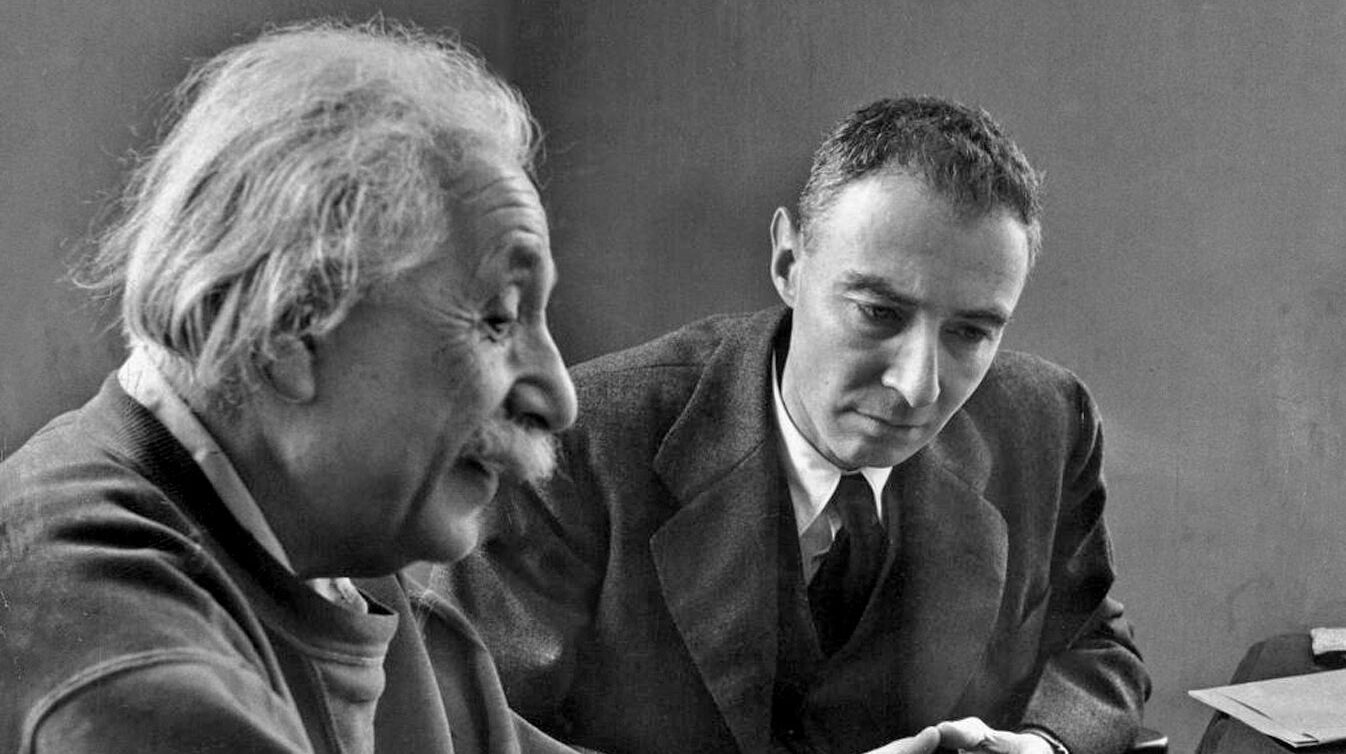Oppenheimer and the Renewed Debate on Nuclear Weapons
Al-Ittihad, UAE, August 11
Two new films, Greta Gerwig’s Barbie and Christopher Nolan’s Oppenheimer, were released worldwide in July, resulting in much-needed revenue for Hollywood studios. Viewers young and old were captivated by these films’ stories, cinematography, and acting, as evidenced by the overwhelming praise they have received. This piece will focus on Nolan’s Oppenheimer—an adaptation of Kai Bird and Martin Sherwin’s award-winning 2005 book. The film covers three distinct stages of J. Robert Oppenheimer’s life. First, his early roots in California and his time spent in Europe, where he gained notoriety as a prominent theoretical physicist and involved himself in the politics of the American Communist Party. He ardently backed the Republicans in the Spanish Civil War, although he never joined the party himself. Secondly, his oversight of the Los Alamos laboratory in New Mexico and the assembling of a team of scientists and engineers that built the world’s first nuclear bomb, nicknamed “Trinity,” which was tested on July 16, 1945. Lastly, the end of Oppenheimer’s professional life in 1954, when his security clearance was revoked amid accusations of his once-communist ties. His disapproval of the development of the hydrogen bomb, which is 1,000 times more powerful than the two atomic bombs dropped on Japan, also worked against him. A new book by historian and journalist Evan Thomas, titled Road to Surrender, has compellingly established that the American decision to use the atomic bomb without warning on Hiroshima and Nagasaki was the right one given the alternatives at the time. During the spring and summer of 1945, US forces fought intense battles with Japanese forces at sea and on the islands of Iwo Jima and Okinawa. An invasion of mainland Japan was estimated to cost hundreds of thousands of American lives and potentially millions of Japanese lives. Despite the devastating effects of conventional aerial bombings on Japanese cities, only one member of Japan’s High War Council, Shigenori Tōgō, was advocating for peace at the time. The atomic bombs were dropped on August 6 and 9, and following this act, Tōgō eventually managed to persuade Emperor Hirohito to make the decision to surrender on August 15. At the time of the Trinity test, the short and long-term effects of nuclear radiation were not yet understood. Decades later, it has become known that American citizens living in the Los Alamos region in 1945 went on to develop various forms of illness, most notably cancer. For over 70 years, these individuals have sought full acknowledgment of their suffering from the US government. Some have received compensation, yet Washington has still not offered official recognition of the matter. The debates ignited by the Oppenheimer film have raised critical concerns over the use of nuclear weapons, their potential use in current global conflicts, and their acquisition by other nations around the world. —Geoffrey Kemp (translated by Asaf Zilberfarb)


